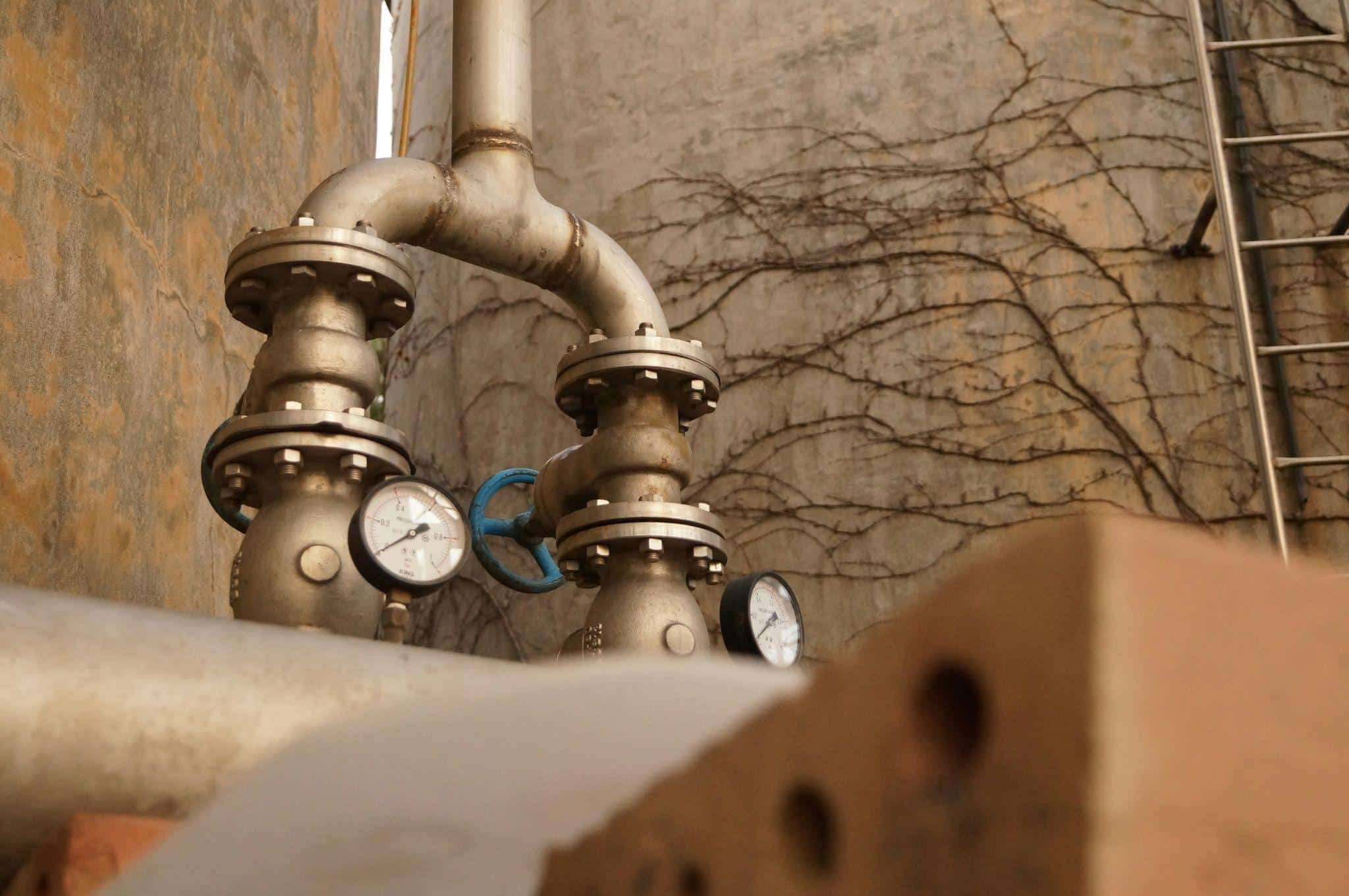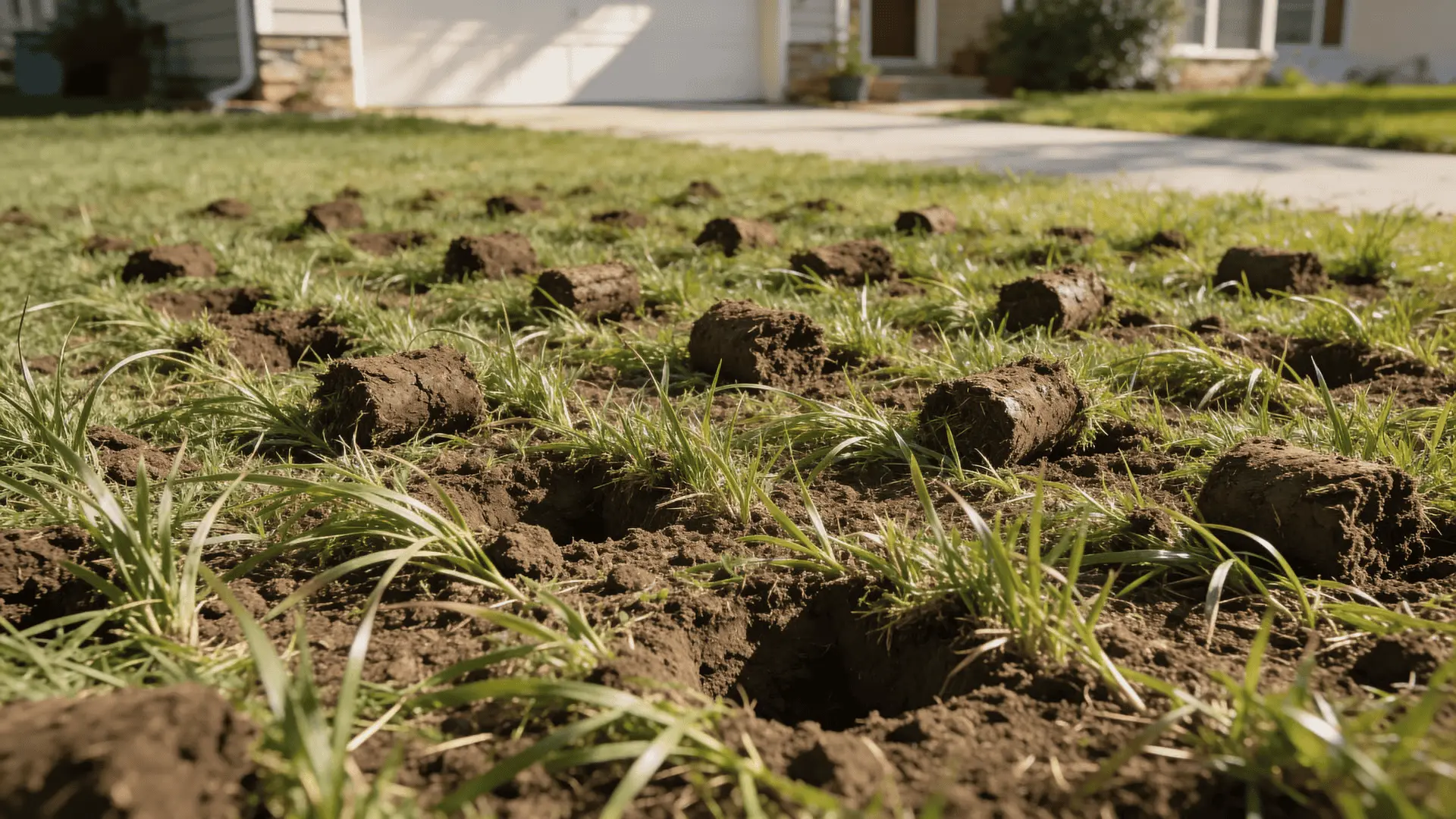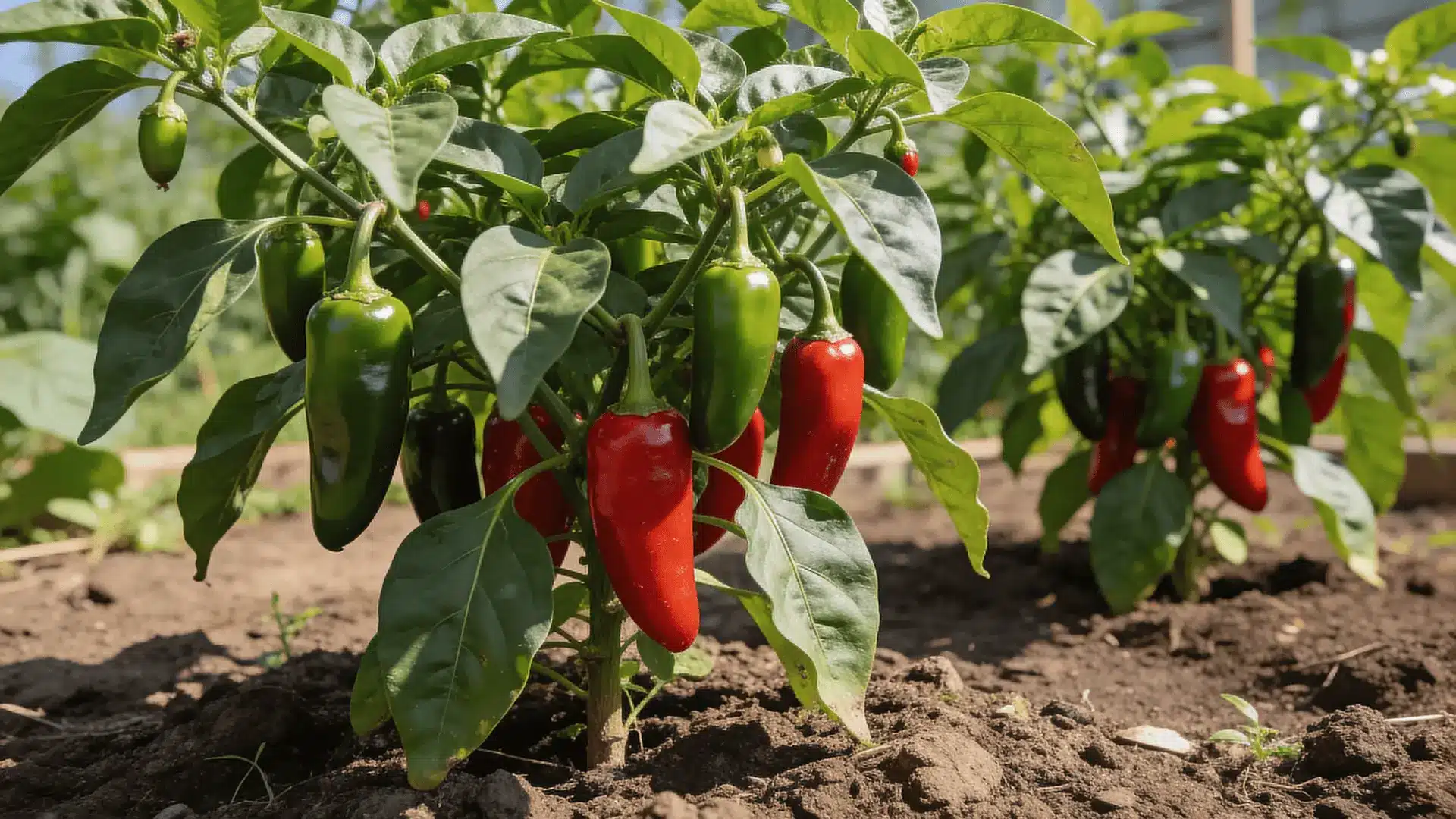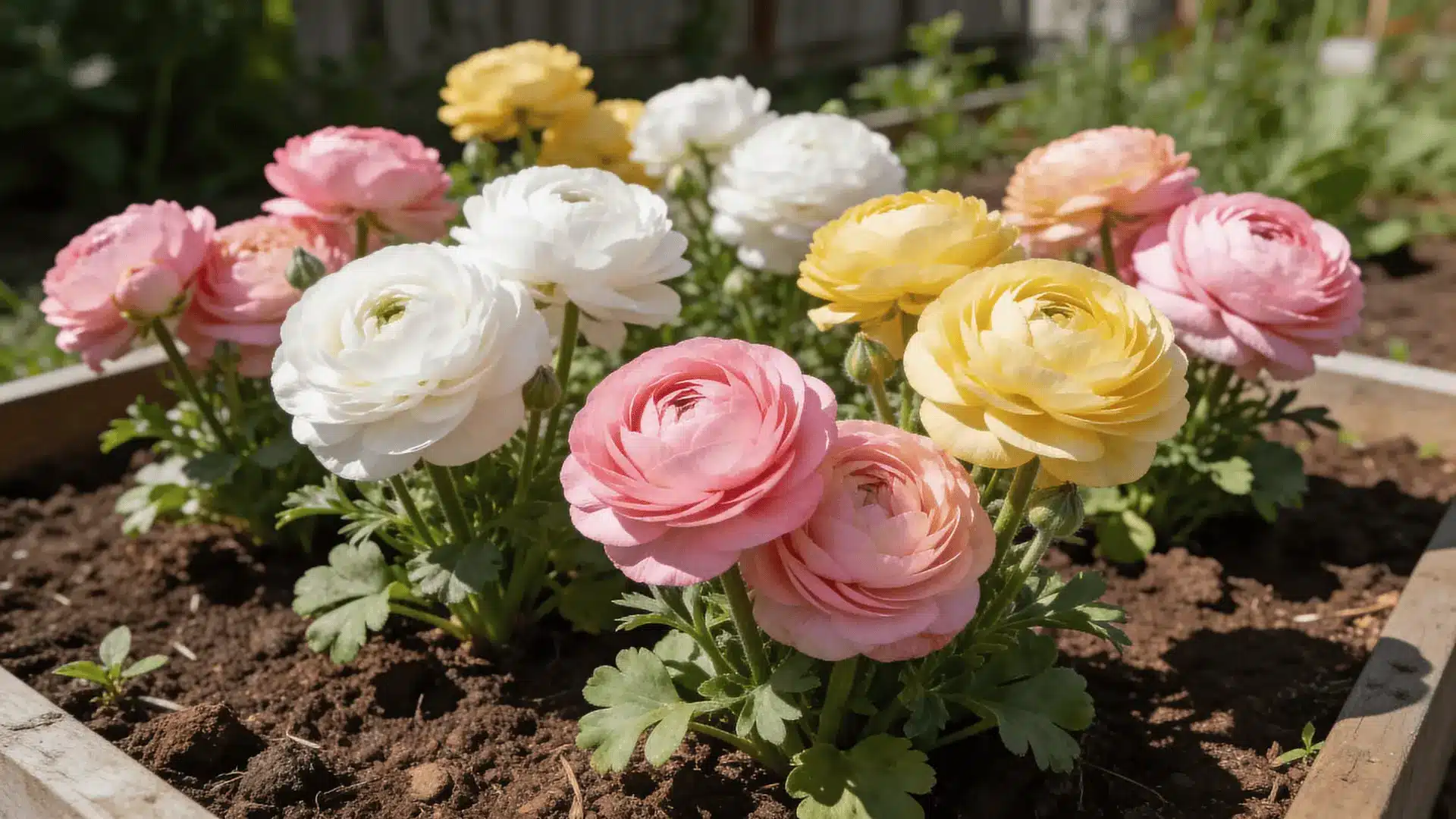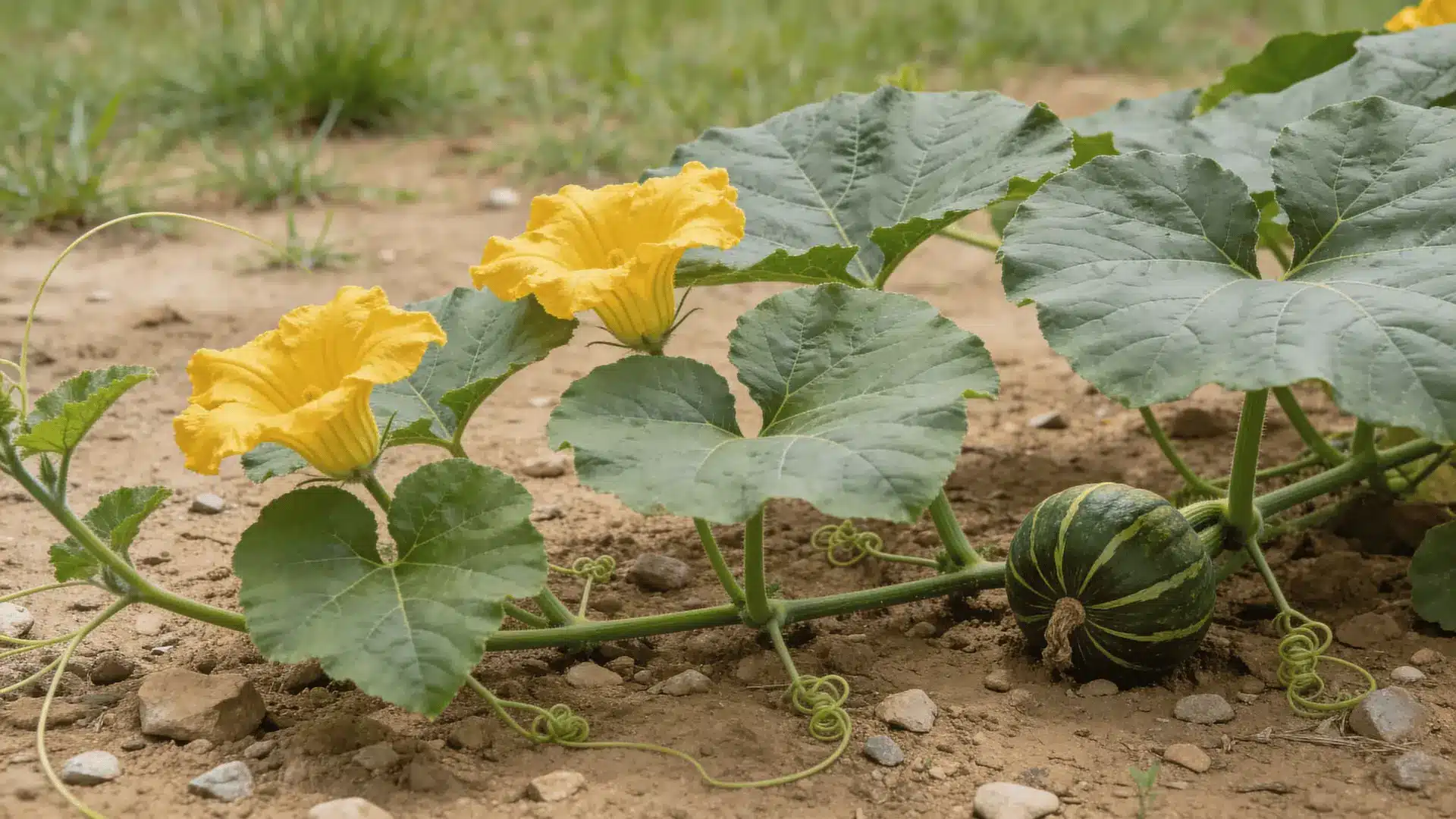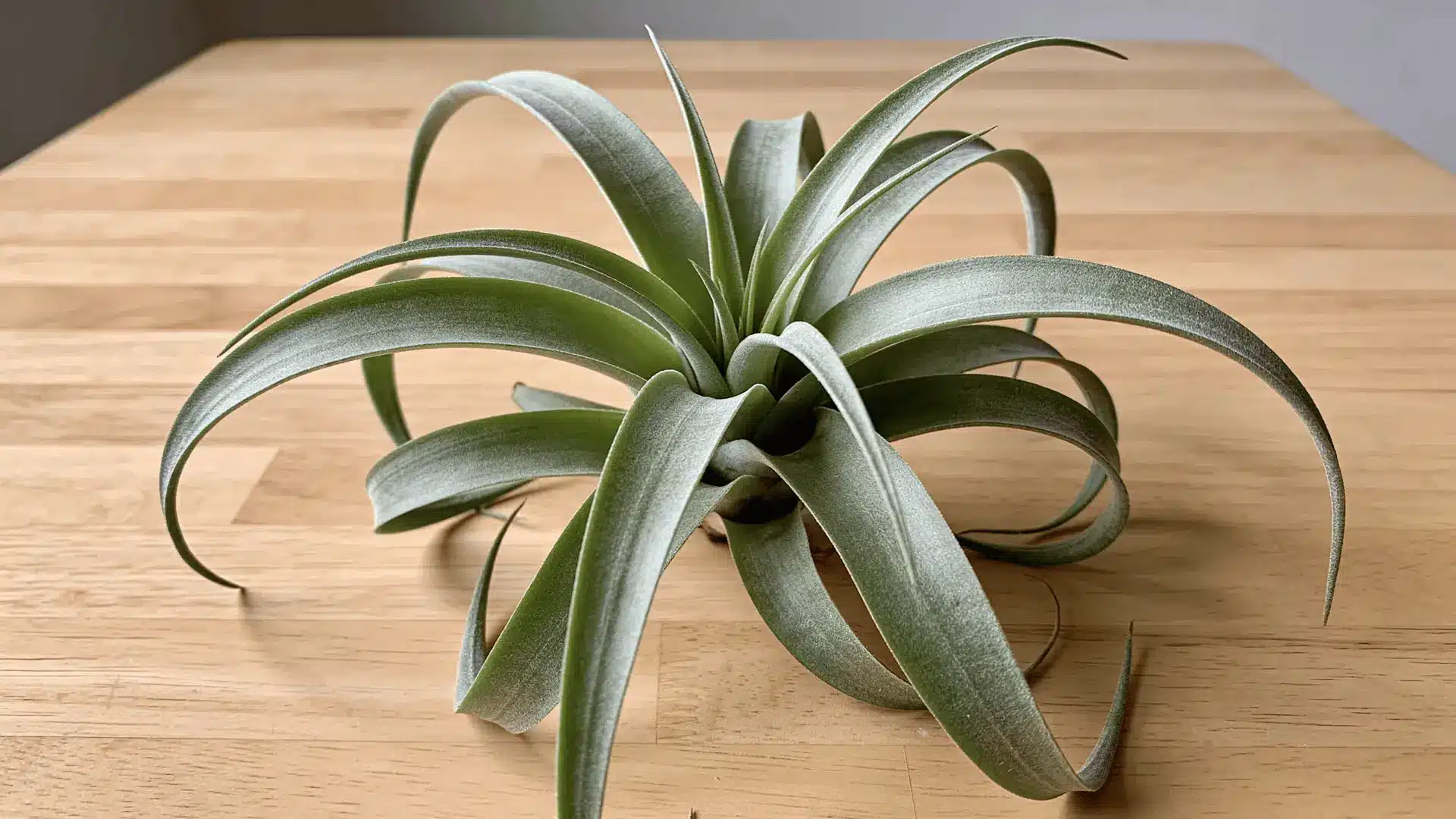Upgrading a home doesn’t always require major renovations or expensive overhauls. Sometimes the most meaningful improvements begin with smaller, often-overlooked systems, especially the ones that keep water flowing properly and support the comfort of the entire household.
Whether it’s updating fixtures, improving efficiency, or preventing minor issues from becoming major headaches, these simple upgrades can make a noticeable difference in how a home feels and functions.
And when something isn’t quite right, knowing when to call a professional plumber in Richmond is just as important as choosing the right improvements. Smart living starts with smart maintenance, and even modest adjustments can make a home more efficient, safer, and easier to enjoy year-round.
Why Your Water System Deserves More Attention
Water is one of the most essential parts of daily home life, yet the systems behind it often go unnoticed until a problem arises. Drips, slow drains, low water pressure, unusual smells, or unexpected spikes in bills are early signs that something could be wrong, but many homeowners ignore them until they become disruptive.
A modern home relies on water systems not just for convenience but also for health, comfort, and upkeep. Showers, dishwashers, garden irrigation, drinking water quality, and even moisture control depend on pipes and fixtures that work properly. When these elements fall behind, the whole home feels it.
The good news? Upgrading pieces of your water system doesn’t require extreme changes. Many improvements are affordable, quick to install, and pay off almost immediately.
Simple Fixture Upgrades That Make a Noticeable Difference
One of the easiest ways to boost water efficiency and comfort is by swapping out outdated fixtures. Older faucets, showerheads, and toilets often use far more water than needed. Modern designs are built to deliver strong output with less consumption, helping cut down on monthly bills without sacrificing performance.
Even replacing a single showerhead or tap can make a difference. Many water-efficient fixtures now include aerators, pressure-boosting technology, and anti-drip features that provide a better overall experience. Homeowners are often surprised at how much smoother daily routines feel after just a small upgrade.
These fixture improvements also reduce the strain on the plumbing system. By lowering overall water use, pipes experience less pressure and wear, extending their lifespan and decreasing the likelihood of leaks.
Water Filtration Solutions For Healthier Living
Water quality plays a major role in home comfort and long-term health. Depending on the region, tap water may contain minerals, sediments, or contaminants that affect taste, smell, or safety. Installing a home water-filtration solution, whether at the tap or across the whole house, can improve water quality dramatically.
Modern filtration systems remove impurities and enhance clarity without requiring a complex setup. They’re especially helpful in areas with hard water, as they reduce buildup in pipes and appliances. Over time, this can prevent costly repairs while keeping dishes, clothing, and skin feeling cleaner.
According to research from the National Library of Medicine, improved water quality directly supports better household hygiene and reduces long-term exposure to certain contaminants.
This makes water filtration one of the most beneficial upgrades a homeowner can make.
Preventing Leaks Before They Become Expensive Problems
Even a small leak can lead to big trouble. Persistent moisture around walls, cabinets, or flooring often results in mold growth, structural damage, and higher water bills. Because leaks are typically hidden, homeowners may not notice the warning signs until the damage is extensive.
Modern leak-detection devices have become incredibly reliable and budget-friendly. Many sync with home apps to send instant alerts if unusual moisture levels or water flow patterns appear. Some can even shut off the home’s water supply automatically during emergencies.
By installing these devices near high-risk areas, such as beneath sinks, behind toilets, next to washing machines, or near water heaters, homeowners can stop a minor issue from becoming a major renovation.
Improving Outdoor Water Use For A More Efficient Home
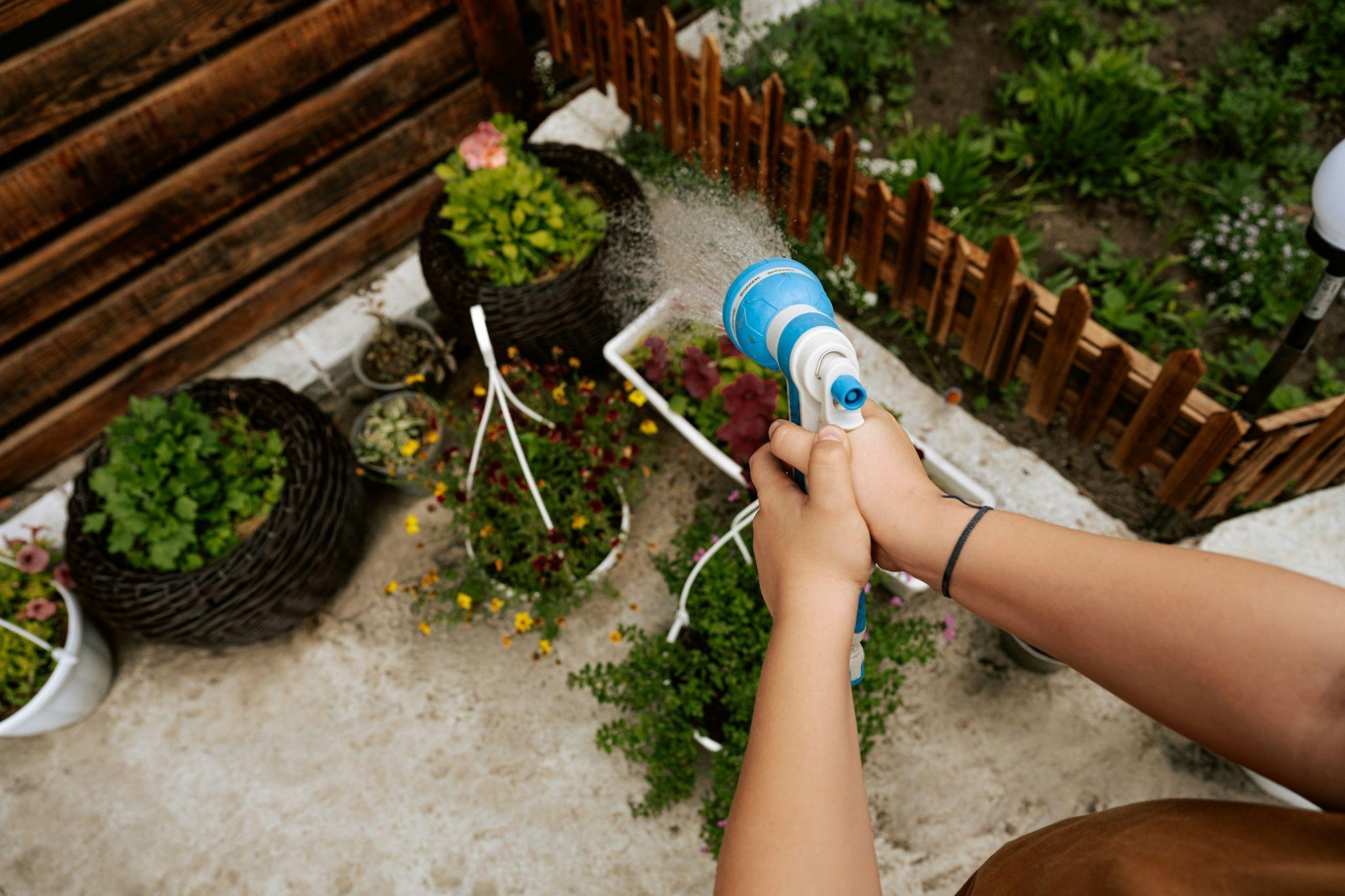
Outdoor water usage is often overlooked when thinking about plumbing upgrades, but it can account for a significant percentage of a home’s overall water consumption. Garden hoses, irrigation systems, and exterior taps all contribute to the total volume moving through a property’s pipes.
Smart irrigation controllers help regulate watering schedules, adjust automatically based on weather, and prevent excessive usage. Replacing worn-out hoses, leaking joints, and outdated sprinkler heads can also make outdoor watering more efficient and sustainable.
A properly functioning outdoor setup also protects the home. Good drainage prevents water from pooling near the foundation, reduces soil erosion, and keeps moisture away from exterior walls.
Small Bathroom and Kitchen Upgrades That Add Big Value
Bathrooms and kitchens are the heart of most household activities, and they rely heavily on a smooth plumbing foundation. Simple changes like upgrading a tap, modernizing a toilet flush system, or installing touchless fixtures can elevate both appearance and functionality.
In the kitchen, adding a high-efficiency dishwasher, upgrading sink plumbing, or installing a filtered water tap brings convenience and reduces energy use. These changes don’t just improve daily routines; they add long-term value to the home and appeal to future buyers.
Because these areas are used so frequently, even small improvements feel noticeable almost immediately.
Don’t Overlook Maintenance As a Form Of Upgrading
One of the most underrated ways to upgrade a home’s water system is through consistent maintenance. Regular inspections help catch slow-forming problems like mineral buildup, outdated fittings, or weakened pipe joints. Although not as exciting as installing new fixtures, proactive maintenance extends the life of the entire plumbing network.
Checking water pressure, especially if changes occur suddenly, is key to preventing pipe damage. Flushing the water heater once a year can improve performance and reduce energy costs. Clearing drains before they clog helps avoid unexpected backups. These tasks seem small, yet they protect the home’s comfort and efficiency long-term.
Upgrading a home’s water system doesn’t have to be overwhelming. Simple adjustments, like refreshing fixtures, improving water quality, tightening up leak prevention, and maintaining outdoor and indoor plumbing, can dramatically improve efficiency and overall home comfort. With thoughtful updates and regular care, homeowners enjoy better performance, lower bills, and a more reliable living environment.


